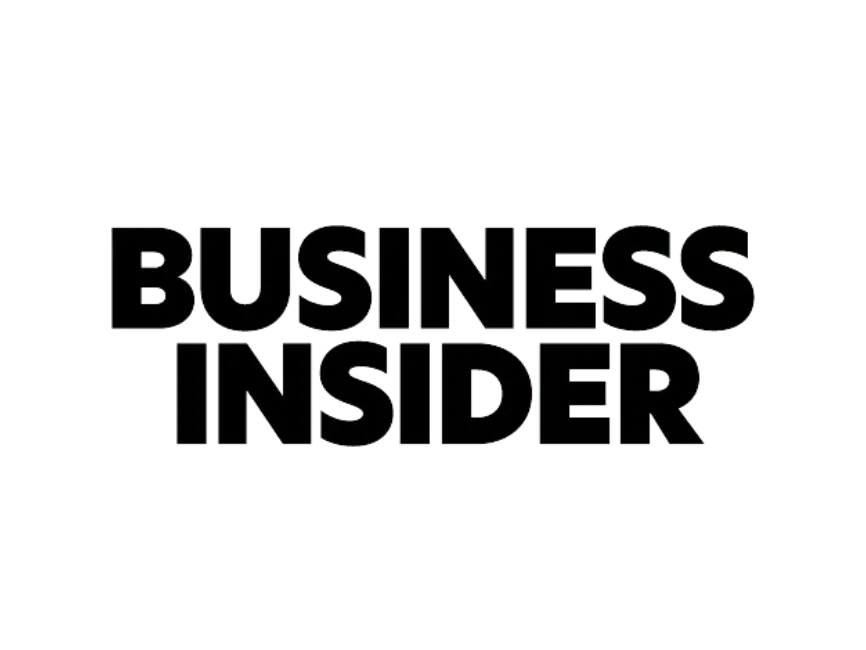Debt Settlement in Florida
Debt Settlement Experts
Are you drowning in debt and overwhelmed by constant stress? At Second Start Financial, we understand the challenges that come with excessive debt, and we’re here to help. We know that many hardworking Floridians are struggling to keep up with credit card bills, medical expenses, and other unsecured debts, often due to circumstances beyond their control. That’s why we’re dedicated to providing personalized debt settlement services to help you achieve financial freedom. Our experienced professionals will work with you every step of the way to create a customized plan that fits your unique needs and goals. With our help, you can break free from the burden of debt and start building a brighter financial future.

How Professional Debt Settlement
Florida Can Help You

Avoid Bankruptcy
Prevent the long-term consequences of bankruptcy by settling your debts instead.
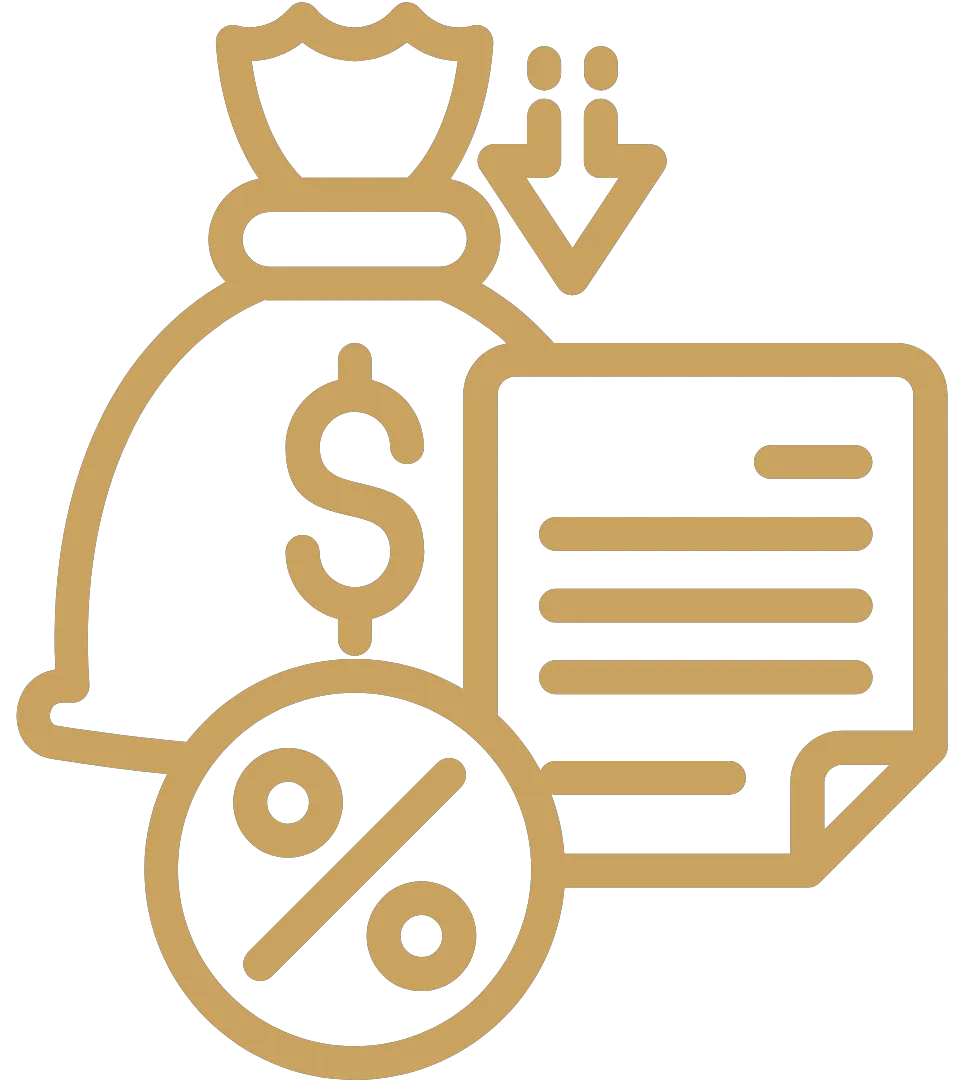
Lower Balances
Negotiate with creditors to reduce your outstanding balances and pay less than you owe.
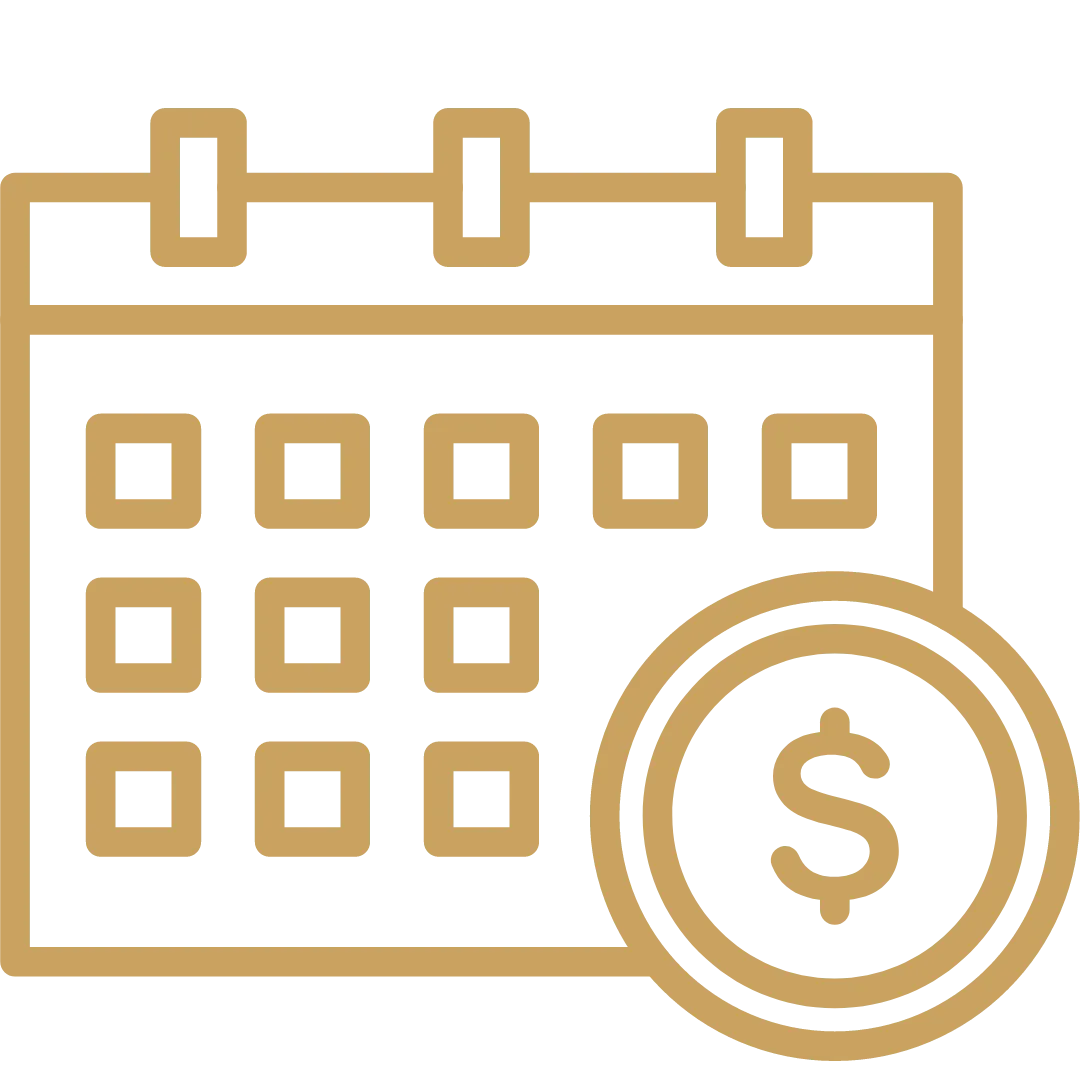
One Monthly Payment
Simplify your debt repayment process by making a single, affordable monthly payment.
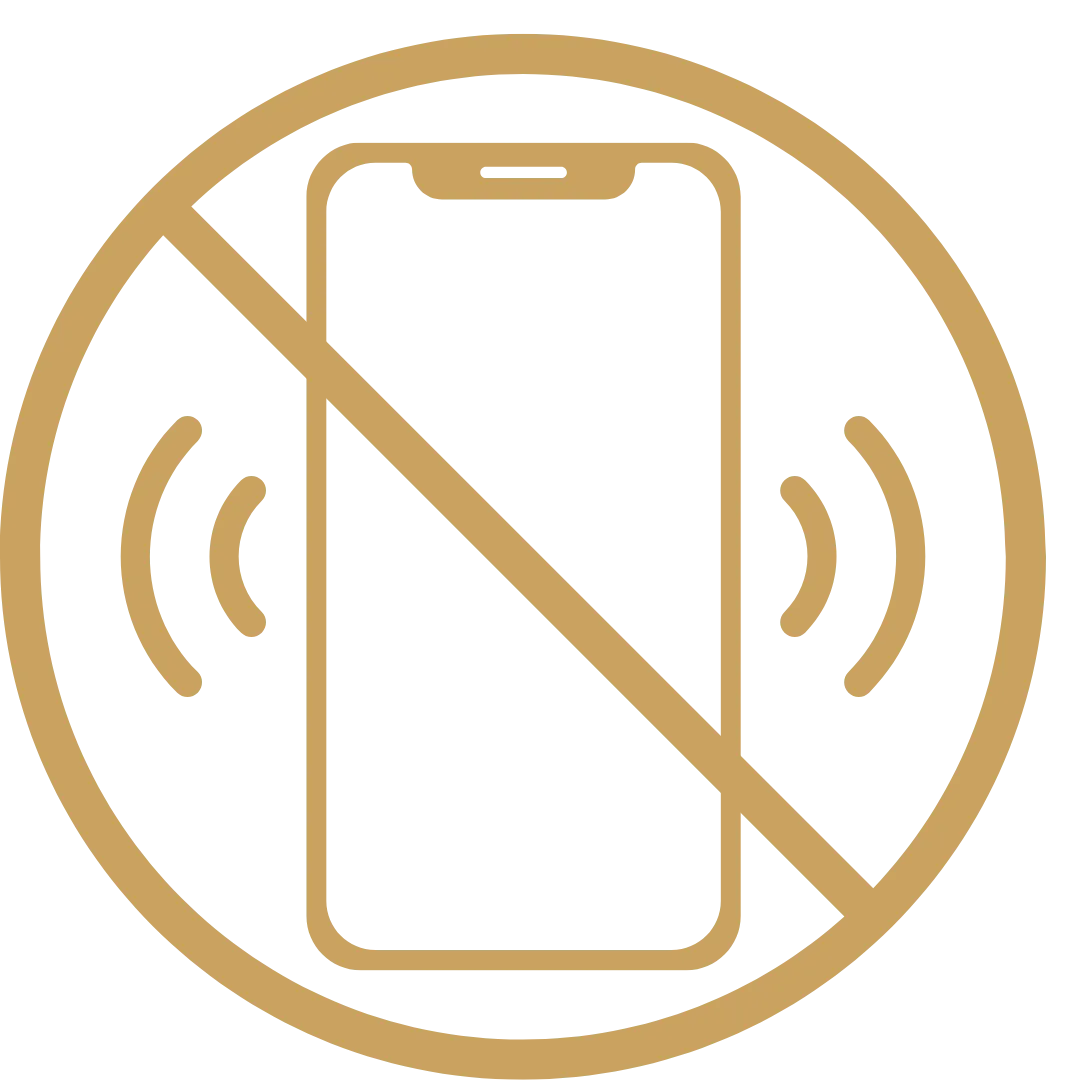
Stop Collections
End harassing calls and letters from collection agencies by enrolling in a debt settlement program.
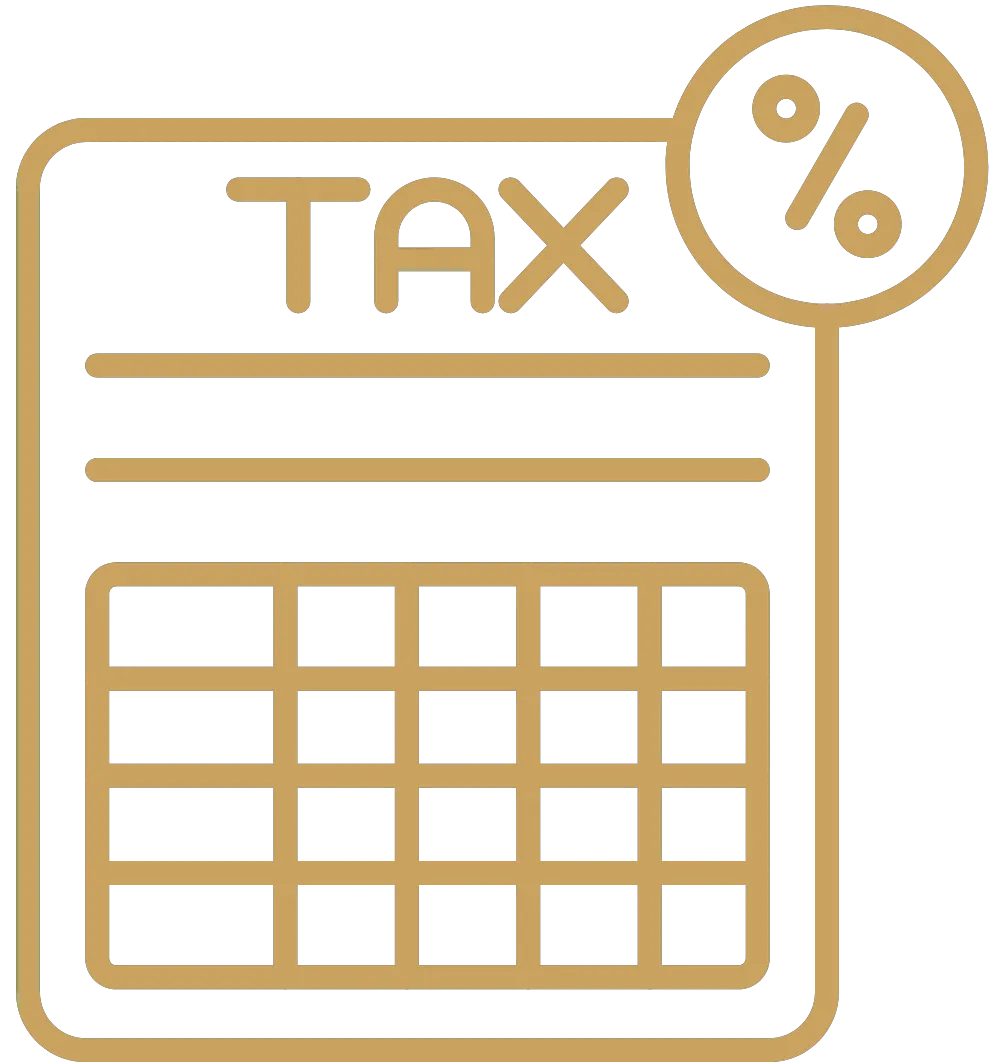
Tax Benefits
Understand the potential tax advantages of settling your debts for less than the full amount.
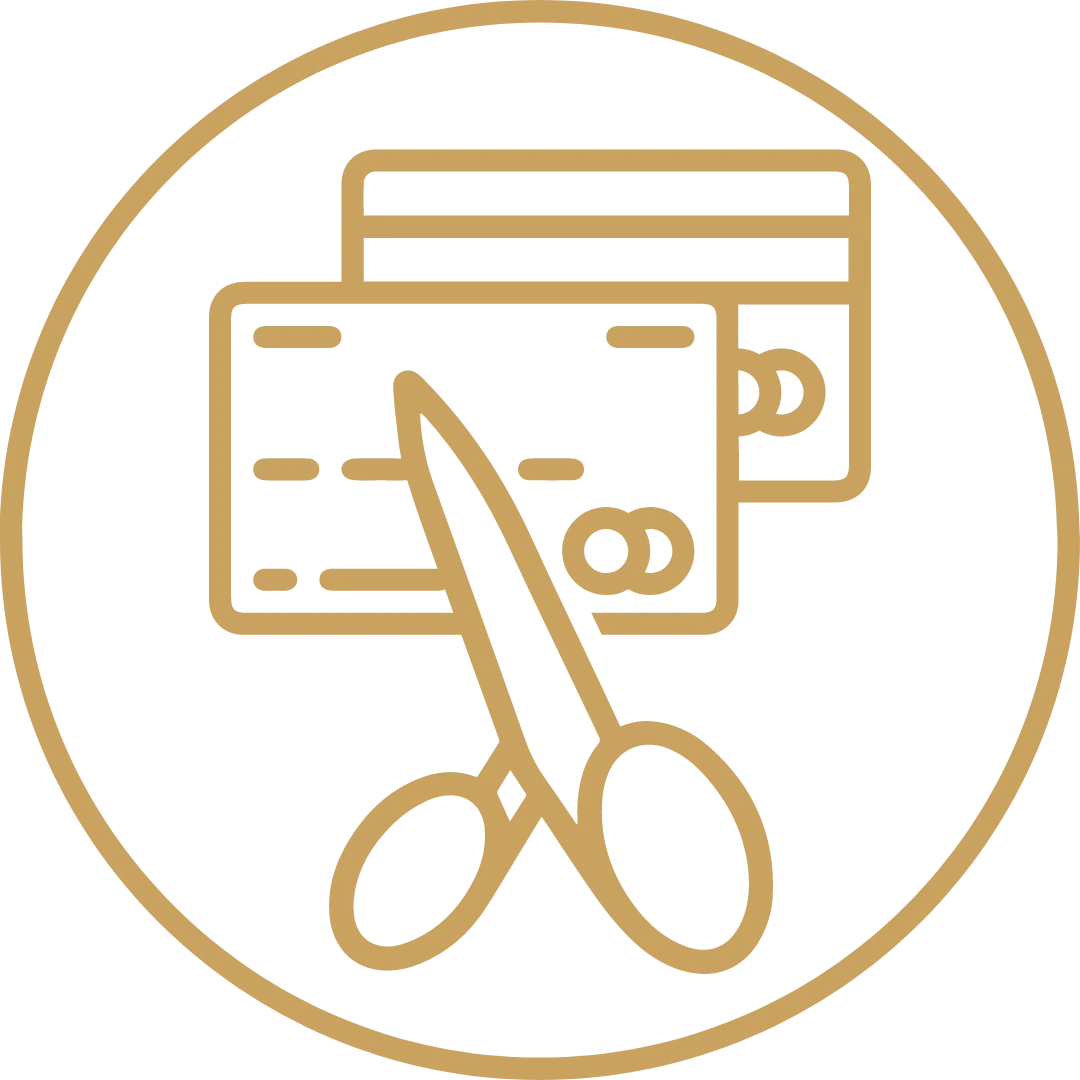
Become Debt-Free
Achieve financial freedom faster by resolving your debts through professional debt settlement services.

Our Proven Debt Settlement Process
At Second Start Financial, we follow a proven debt settlement process to help you achieve the best possible results. Here’s what you can expect:
1. Free Consultation: We’ll review your financial situation, explain your options, and determine if debt settlement is right for you.
2. Personalized Plan: We’ll create a customized debt settlement plan based on your unique circumstances, including your debt amount, income, and goals.
3. Dedicated Account: You’ll open a special account and make monthly deposits, which will be used to settle your debts.
4. Expert Negotiations: Our skilled negotiators will work with your creditors to achieve the lowest possible settlement amounts.
5. Debt Resolution: Once a settlement is reached, we’ll facilitate the payment to your creditor and ensure the debt is properly resolved.
BLOG
Our Latest Blogs
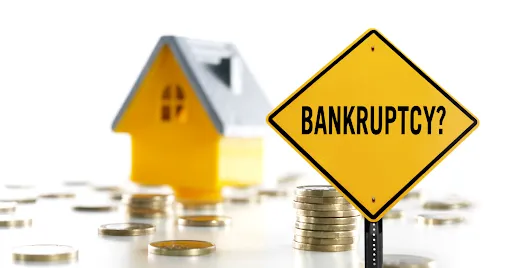
Things to Know About Bankruptcy
Bankruptcy is a complex legal process that could be the stepping stone towards financial solace for those struggling to keep their debt at bay. While it does come with its benefits, it can have repercussions, particularly on your creditworthiness and loan approval chances. Knowing the ins and outs of bankruptcy is crucial to gauge if it fits your circumstances.
Under the umbrella of federal court protection, bankruptcy permits individuals to offset or liquidate a portion of their liabilities. There are diverse categories of bankruptcy filings, each with its own set of advantages and disadvantages. As a consumer, you will most frequently encounter Chapters 7 and 13 in bankruptcy. Let's dive deeper into what bankruptcy involves.
Differentiating Between Bankruptcy Chapters
The two most prevalent forms of personal bankruptcy are Chapter 7 and Chapter 13. Both extend debt relief but through distinct methods.
1. Insight into Chapter 7 Bankruptcy
Chapter 7 bankruptcy, colloquially known as liquidation bankruptcy, mandates the sale of assets to settle an extent of remaining liabilities. The bankruptcy trustee sells non-exempt assets under state law for the benefit of creditors.
The majority of the time, filers retain essential personal possessions such as clothing, household furnishings, and a vehicle. If you're a homeowner, you might be able to keep your house, depending on the equity you hold and state homestead exemptions.
One significant advantage of filing Chapter 7 is the ability to discharge numerous types of unsecured debt, including medical bills, personal loans, and credit cards. This discharge order eliminates your legal obligation to pay these discharged debts.
Nevertheless, Chapter 7 does come with a few drawbacks. Non-exempt property could potentially be forfeited, and the filing stays on your credit report for a decade, which can complicate securing loans and credit in the future.
Eligibility for Chapter 7
To qualify for Chapter 7 bankruptcy, you must pass the 'means test' that assesses if your income is sufficiently low for debt discharge. If it's determined that you can repay some liabilities, you might be compelled to file under Chapter 13.
The means test scrutinizes your average income over the past six months and subtracts permissible expenses. If you have disposable income remaining, you may not qualify.
2. Delving into Chapter 13 Bankruptcy
Chapter 13 bankruptcy enables individuals with steady incomes to offset all or a portion of their debt over three to five years. This bankruptcy type stays on your credit report for seven years.
Under Chapter 13, you can retain your property, including your home, car, and other assets. The court ratifies a repayment plan, which allows you to use future income to repay creditors while under bankruptcy protection. Monthly payments are made to a bankruptcy trustee who distributes the payments to creditors.
Upon completion of your repayment plan, any remaining unsecured debt is discharged. However, you must complete the plan in its entirety to receive a discharge. Failure to keep up with payments may convert your case to a Chapter 7 bankruptcy.
The main advantage of Chapter 13 is the allowance to catch up on mortgage or car loan payments while eliminating other debts. It aids in preserving assets you wish to keep. However, adhering to the repayment plan can be a challenge for those on a constrained budget.
Eligibility for Chapter 13
To qualify for Chapter 13 bankruptcy, you must have consistent income from employment, self-employment, or other regular sources. The repayment plan you propose must offer creditors an amount at least equivalent to what they would receive in a Chapter 7 filing.
If you don't qualify for Chapter 13, can't afford plan payments, or have liabilities that exceed limits, you may have to file for Chapter 7 instead.
Bankruptcy Filing Process
Filing for bankruptcy involves adhering to standard procedures and court timelines. It's recommended to collaborate with a bankruptcy lawyer to ensure correct filing. Here are the steps to take prior to submitting your bankruptcy petition:
Complete mandatory credit counseling within 180 days before filing.
Gather documents like tax returns, pay stubs, bills, and asset records.
Calculate income and expenses to determine the type of bankruptcy to file.
Evaluate assets that could be liquidated or surrendered.
Research state laws regarding property exemptions.
Select a bankruptcy attorney for representation.
Completing these steps will prepare you for the official bankruptcy process and aid in circumventing delays.
What Happens During The Bankruptcy Process
After meeting pre-filing requirements, the next steps include:
Submit paperwork, including a bankruptcy petition and schedules of assets and liabilities.
Attend a creditors' meeting, where the trustee and creditors can ask you questions.
Submit your monthly income and expense details to the trustee.
Attend a confirmation hearing, where the judge approves or denies the repayment plan (Chapter 13 only).
Complete the required financial management course.
Receive a discharge order, eliminating eligible debts.
On average, the bankruptcy process spans 3-6 months from filing your petition to receiving a discharge. Timelines depend on the type of bankruptcy, completeness of paperwork, and court scheduling. Be sure to meet all deadlines and court dates to avoid complications.
Life After Bankruptcy Discharge
Upon receiving a discharge order from the bankruptcy court, a few more steps await you:
Review your credit report and ensure discharged debts are updated.
Rebuild credit by continuing to make payments on remaining debts, such as mortgages or car loans.
Stick to a budget and rebuild savings.
Avoid taking on new debt without proper income to support it.
Continue to file tax returns, if required.
Complete Chapter 13 repayment plan, if applicable.
By carefully managing your finances post-bankruptcy, you can restart your financial life after insolvency.
Pros and Cons of Bankruptcy
When contemplating bankruptcy, it's critical to balance its pros and cons:
Pros
The primary advantages of filing for bankruptcy include eliminating or reducing unaffordable debts, halting wage garnishments and debt collection activities, catching up on mortgage and car payments, preserving certain property like your home or vehicle, and gaining a fresh financial start.
Cons
However, there are significant downsides to consider. Bankruptcy impacts your credit score adversely for years, affecting your future loan or credit prospects. You may have to surrender property for debt repayment if it is not exempt.
For Chapter 13 bankruptcy, your future income may be tied up in the 3-5 year repayment plan. Bankruptcy also stays on public records permanently. Additionally, the filing and legal fees can be burdensome. Overall, bankruptcy could potentially hamper your ability to secure loans or credit in the future.
Weighing these pros and cons against your unique financial situation will help you decide if bankruptcy is a viable option for you. Consultation with a bankruptcy attorney and a credit counselor is advised to comprehend all the factors involved and their implications on your finances.
Deciding If Bankruptcy is The Right Choice
Whether bankruptcy is a suitable option depends on your specific circumstances. For those buried under an escalating debt pile, it can be a fresh start. But, it's essential to carefully consider the long-term influences on your credit and finances.
Bankruptcy is most beneficial when you have exhausted all other means to eradicate debt and put an end to collection calls, lawsuits, and garnishments. It permits you to retain certain assets like your home or car, given that you can still afford the ongoing payments. However, if you have alternatives such as debt consolidation or borrowing from friends and family, bankruptcy might be an excessive step.
Alternatives to Bankruptcy
Bankruptcy is not the only solution to unmanageable debt. Some alternatives you might want to consider include:
Debt management plan: You work with a credit counselor who negotiates with creditors to reduce interest rates or waive fees. You make one monthly payment to the counselor, who pays your creditors.
Debt settlement: You or a Debt relief company negotiate with creditors to accept less than what you owe. Be aware that this can result in taxable income.
Debt consolidation loan: You take out a new loan to pay off all existing debts. The advantage is one single payment per month, often at a lower interest rate.
Selling assets: If you own valuable property that you can live without, selling it can reduce your debt.
Increasing income: If possible, you could get a second job or work more hours to pay down your debt.
It's essential to compare all options, analyze their benefits and drawbacks, and evaluate their compatibility with your financial status before deciding on bankruptcy.
Bankruptcy is a significant decision with lasting impacts on your financial life. It is crucial to understand the ins and outs, the pros and cons, qualifying factors, and the legal process while working with an attorney. With the right information, you can make an informed choice about bankruptcy.
Debt FAQ's
What is debt settlement?
Debt settlement is a process where a debtor and creditor agree to settle a debt for less than the full amount owed. This can help the debtor pay off their debt more quickly and affordably than continuing to make minimum payments.
How does debt settlement work?
Our debt settlement program works by negotiating with your creditors to settle your debts for less than the full amount owed. You make regular payments into a savings account, which we use to negotiate with your creditors on your behalf. Once a settlement is reached, you make a one-time payment to settle the debt.
Will debt settlement affect my credit score?
Yes, debt settlement may have a negative impact on your credit score. However, if you’re already struggling with high levels of debt, your credit score may already be affected. Our goal is to help you become debt-free as quickly and affordably as possible, so you can start rebuilding your credit score.
What types of debt can be settled?
Generally, unsecured debts like credit card debt, medical bills, and personal loans can be settled through our debt settlement program. However, certain types of debt like student loans and tax debt cannot be settled through debt settlement
How long does debt settlement take?
The length of the debt settlement process can vary depending on your specific financial situation and the amount of debt you have. However, most of our clients are able to become debt-free in 24-48 months.
TESTIMONIALS
A few years ago, my husband and I enrolled in this program, and it was a lifesaver. It truly helped us out of a difficult situation.
Claire Martinez
I couldn’t have hoped for a better solution to help me with my debt. Second Start Financial has exceeded my expectations and helped me pay off my debt sooner than I anticipated. The approval process was quick and painless, and now I’m on my way to regaining control of my life and improving my creditworthiness. Thank you so much!
Samantha Bailey


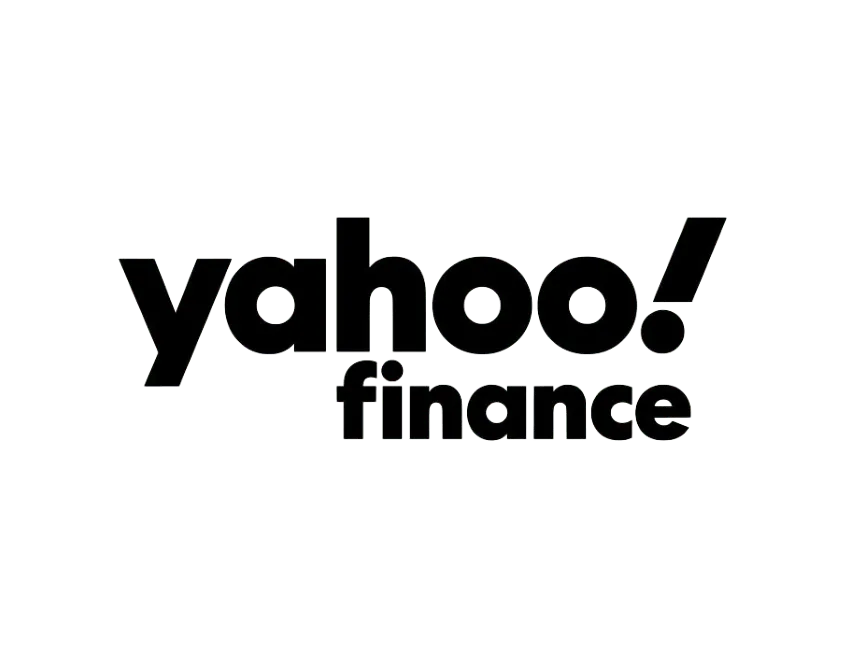



At Second Start Financial, we are dedicated to helping you regain control of your life. Our mission is to provide you with effective debt relief solutions that address your unique financial situation.
At Second Start Financial serves the following States only:
Alabama | Alaska | Arizona | Arkansas | California | Colorado | Florida | Georgia | Idaho | Illinois | Indiana | Iowa | Kentucky | Louisiana | Maryland | Massachusetts | Michigan | Mississippi | Missouri | Montana | Nebraska | Nevada | New Jersey | New Mexico | New York | Ohio | Oklahoma | Pennsylvania | South Dakota | Tennessee | Texas | Utah | Virginia | Wisconsin
Disclaimer:
Second Start Financial Inc is not a Broker or Lender. The role of Second Start Financial is to connect potential borrowers with lenders and financial service providers. Second Start Financial does not provide credit offers or solicit lending. The website and its operators solely offer a connection/matching service and are not agents, representatives, or brokers of any lender. They do not make credit decisions and do not charge potential borrowers for any loan or product.


